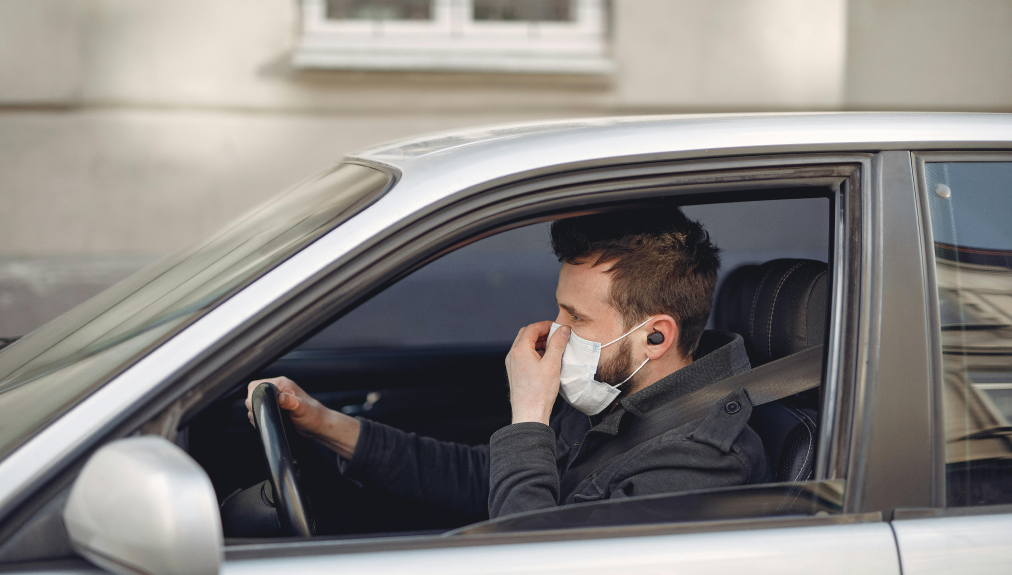


In the ride-sharing industry, passenger safety is of utmost importance. As more people turn to ride-sharing services for their transportation needs, ensuring a secure environment has become a priority for companies and users alike. Our blog, "Safety First: Enhancing Passenger Security," examines the various measures being implemented to enhance the safety of riders and the overall trustworthiness of ride-sharing platforms.
One of the foundational elements of passenger safety is a robust driver screening process. Ride-sharing companies are increasingly adopting stringent background checks that include criminal history, driving records, and verification of identity. These measures help ensure that only qualified individuals are allowed to drive for the platform, thereby enhancing the overall safety of the service. Continuous monitoring and re-screening of drivers further support a safe experience for passengers.
Many ride-sharing apps have integrated advanced safety features designed to protect passengers during their journeys. These features may include GPS tracking, which allows users to share their ride details with friends and family, as well as an emergency button that connects passengers directly to local authorities if they feel threatened. Real-time ride tracking provides peace of mind, enabling passengers to monitor their routes and ensuring that help is just a tap away if needed.
To promote accountability and enhance the safety of the ride-sharing experience, many platforms implement rating and feedback systems for both drivers and passengers. After each ride, users are encouraged to provide feedback on their experience, which helps identify any concerning behavior or issues. This transparent system fosters a culture of mutual respect and accountability, ensuring that both parties prioritize safety during their interactions.
Ride-sharing companies are also taking proactive steps to educate users about safety protocols and best practices. This includes providing information on what to look for in a safe ride, how to verify driver identity, and the importance of staying aware of one’s surroundings. By empowering passengers with knowledge, ride-sharing platforms can help foster safer travel experiences and encourage users to take an active role in their own safety.
To further enhance passenger security, many ride-sharing services offer comprehensive insurance coverage for both drivers and riders. This insurance not only provides financial protection in the event of an accident but also helps to alleviate concerns over liability and responsibility. Knowing that there is a safety net in place can give passengers greater confidence when using ride-sharing services, encouraging them to choose this mode of transportation with peace of mind.
The future of passenger safety in ride-sharing is closely tied to technological advancements. Innovations such as facial recognition, artificial intelligence, and advanced data analytics are being explored to further enhance security measures. These technologies can aid in driver identification, detect anomalies in driver behavior, and ensure compliance with safety protocols, thereby creating a safer environment for passengers.
Ultimately, building trust is essential for the success of ride-sharing platforms. By being transparent about safety measures, encouraging user feedback, and continuously improving safety protocols, companies can foster a sense of trust among their users. A strong reputation for safety will not only attract new customers but also retain existing ones, as riders feel more confident and secure in their choice of transportation.
Join us as we explore the critical importance of "Safety First: Enhancing Passenger Security" in the ride-sharing industry, shedding light on the ongoing efforts and innovations that aim to protect passengers while they navigate their urban environments.